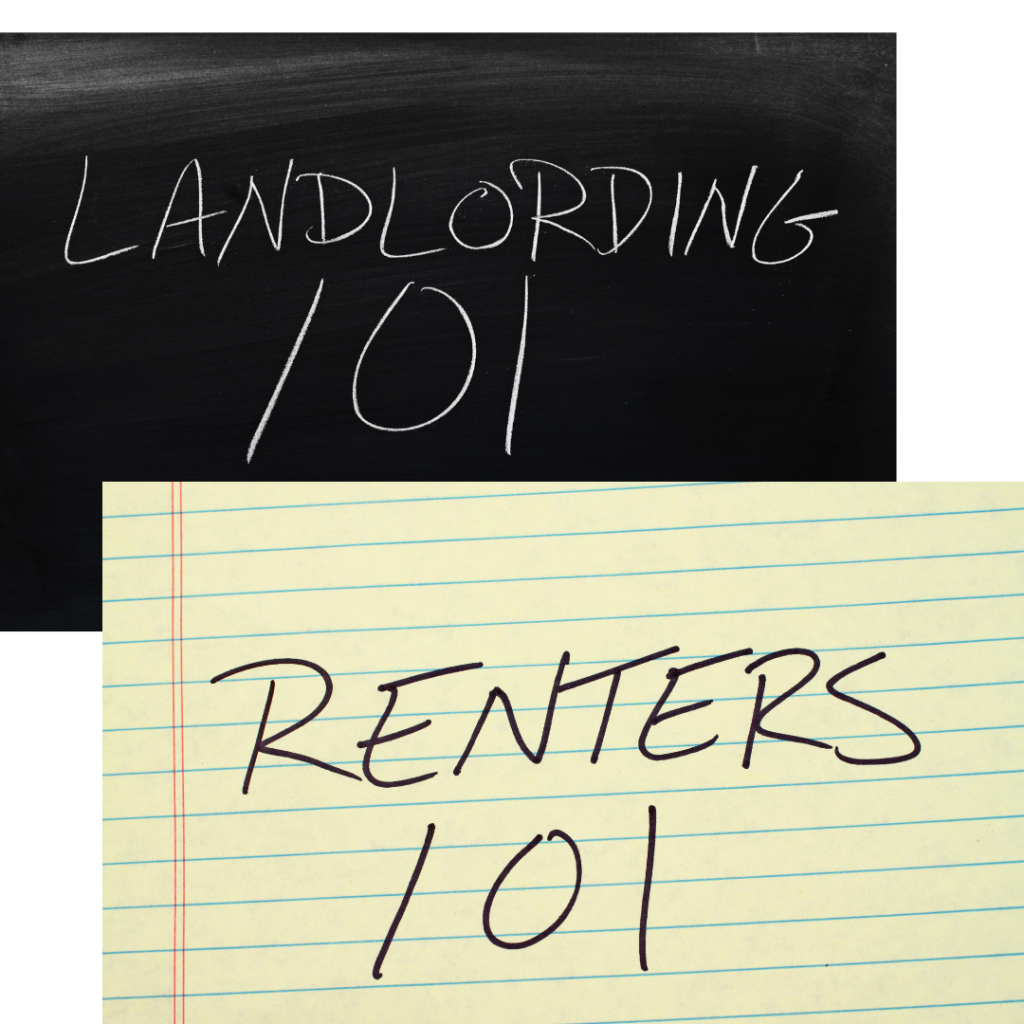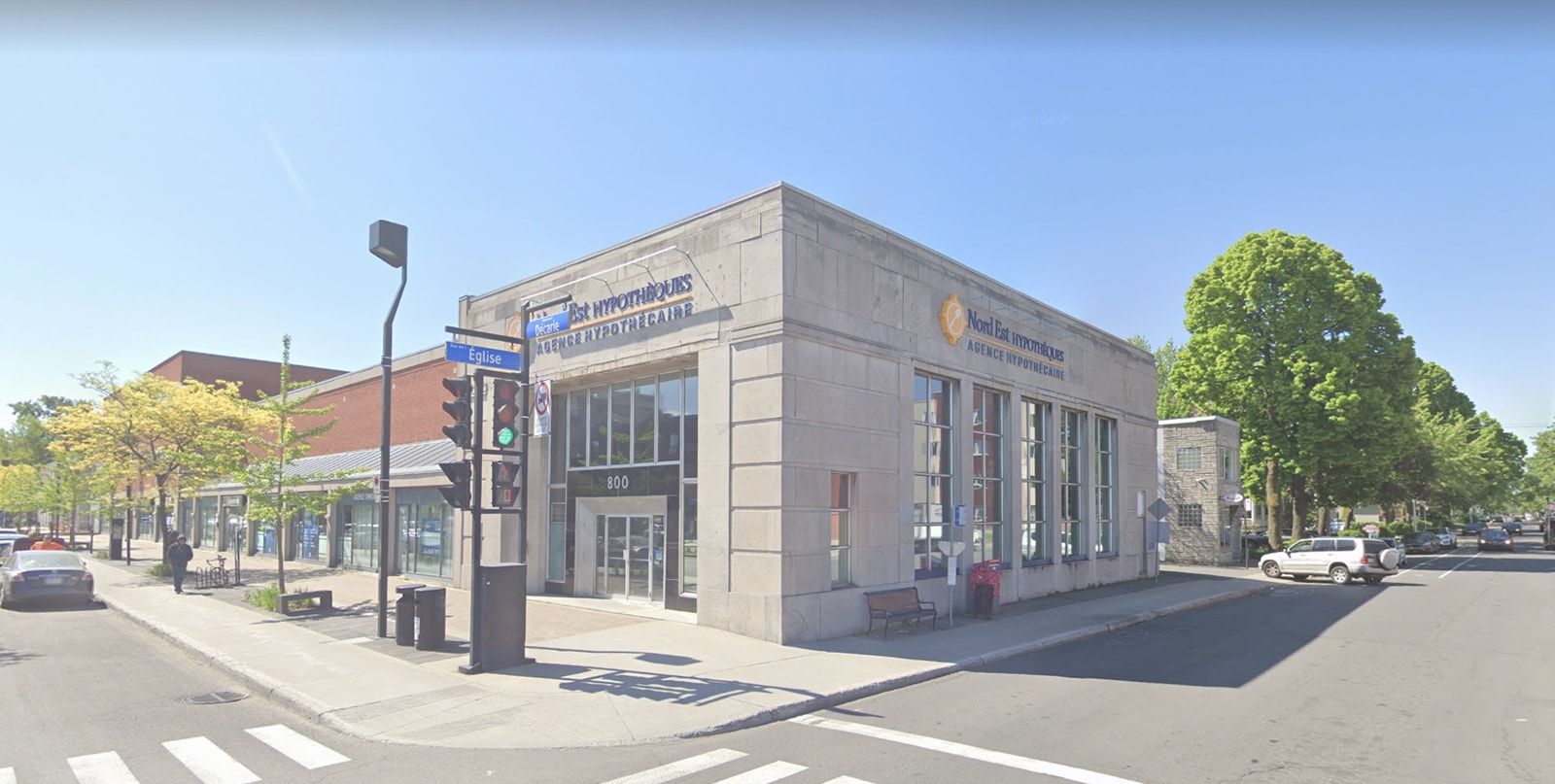
In this week’s The Real Estate Show, we talked about tenant and landlord obligations.
The government body that is in charge of the residential leases is the Tribunal Administratif du logement formerly known as the Régie du Logement.
Renting an apartment is a contract that requires the landlord to respect various obligations. In exchange, the tenant also has certain responsibilities.
The main obligation of the tenant is to pay the agreed rent on the agreed date. If the rent is not paid on the agreed date, the landlord has the right to apply with the Tribunal Administrative du Lodgment to recover the rent. The only time a tenant can withhold a partial or full payment of the rent is if he incurred an expense for an urgent repair where he was not able to reach and notify the landlord of the urgent situation.
Other responsibilities include, using the dwelling with prudence and for the purpose it was rented. Maintain a clean dwelling and act in a way that the tenant does not disturb the enjoyment of the other tenants in the building.
The main obligation of the landlord is to deliver the dwelling in a good, clean and habitable condition. This includes providing a peaceful environment for the tenants. Making all the necessary repairs and to respect the laws pertaining to the safety of the dwelling and the building.
Some questions from our listeners this week included:
Question: My son signed a lease in February 2020 for July 1st occupancy. He recently received the keys and last week he discovered that the apartment is infested with cockroaches. He is now trying to get out of his lease but the landlord is not cooperating. Can the tenant get out of the lease?
A lease is a legally binding document. The first step is to advise the landlord of the situation. The landlord needs to take action and call the extermination company. You have to give the landlord the opportunity to remedy the situation. If not, you can reach the Tribunal Administratif du logement to petition to have the lease cancelled.
Question: There was a fire in an apartment building. The tenants were recommended to sign a “notice of abandonment of a dwelling?” Is the tenant obliged to fill and sign this document?
NO: When you fill out a notice of abandonment of a dwelling, you’re basically giving up occupancy of your apartment. By not filling out that form, your home insurance is in charge of relocating you to another dwelling at their cost while the landlord does the necessary work in the apartments. When the work is complete, you have the right to go back into the dwelling you occupied at the SAME RENT.
Question: I bought a duplex and would like to bring in my grandfather who is 86 to occupy one of the units. Can I end a lease within the respectable delays of my current tenant who is 74 years old?
Normally, the Lessor does not have the right to evict a tenant, if the tenant or the tenant’s spouse is 70 years of age and over and has occupied the dwelling for 10 years.
Question: I own a duplex and my tenant who has lived in the apartment for the last 10 years is moving out in July. Given his low rent, he insists on renting the apartment to his friend. Is he allowed?
You can assign the lease to someone else but the landlord has to approve the new tenant and does have the right to refuse the person you want to assign the lease to.
Question: My landlord bought a duplex in which I moved in. Ten days after I moved into my new place, my landlord came in unannounced. They took pictures and videos and sent them to me via email stating that my apartment was a mess. She is now trying to get me evicted.
This is unacceptable. The landlord can visit any unit they want, provided they give the tenant a minimum of 24 hours notice (either verbally or written). The only time the landlord can go into an apartment without notice is for emergency repairs or if there’s a risk to the building or someone’s life.
What about the rules relating to Cannabis?
Although Cannabis became legal in Canada in 2018, there are rules and provisions that have to be respected in rental properties.
- It is completely prohibited to cultivate cannabis in your dwelling. You cannot cultivate cannabis in your home.
- Possession of cannabis is allowed up to 150grams in total per home. (Regardless of the number of occupants in the dwelling)
- It is prohibited to smoke cannabis in common areas of residential buildings.
The lessor also has the right to include a clause in the lease that prohibits smoking cannabis in the dwelling occupied by the lessee.
If you missed the show, Click Here to listen and Don’t forget to subscribe to our channel on YouTube: newsonthego.ca
As always, North East is always here to help if you need any advice on Mortgages, Real Estate, Investments, Insurance & more. Contact us today.


